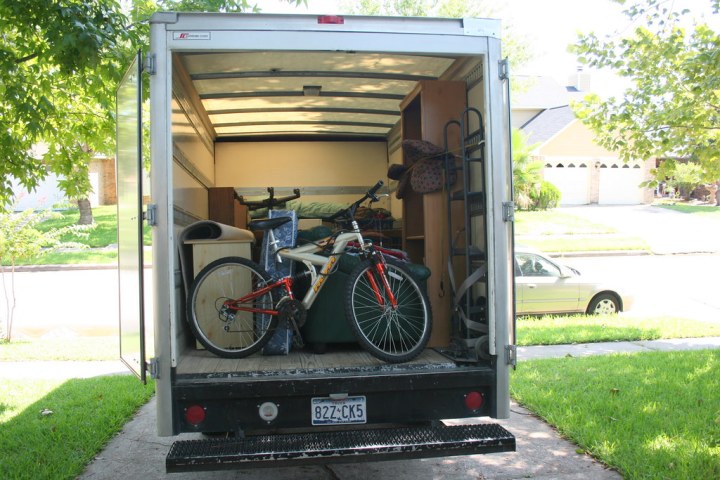
USDA to relocate hundreds of jobs as fewer Americans move for work
USDA to relocate hundreds of jobs as fewer Americans move for work

The U.S. Department of Agriculture is moving more than 500 jobs from Washington, D.C., to the Kansas City area. On Thursday, U.S. Agriculture Secretary Sonny Perdue announced the relocation of two divisions partly in order to cut costs and partly to bring the agencies closer to the farming regions they serve.
Unions representing the affected workers have vowed to fight the move as have Democratic lawmakers who say it will result in large losses of specialized workers who will choose not to relocate, as data show fewer Americans are moving for work.
Aaron Hoard, 24, was just out of college when he decided to make a big move from the Tampa, Florida, area he called home to Greeley, Colorado, to accept his dream job as an education director with the Boys & Girls Club.
“A lot of my friends who had the same desires to kind of get up and go somewhere cool probably didn’t,” he said.
There are many reasons why a move like Hoard’s is becoming less common. Jed Kolko, chief economist with the job search site Indeed, said data show a decadeslong slide in moving for work, from around 30% of workers in the ’80s to only about 10% today.
“People move less than they used to, but it’s not clear whether that’s because people are less willing to move,” Kolko said.
A Marketplace-Edison Research Poll found that about a third of workers said they would not be willing to relocate, while about a quarter said they would be willing to move long distance — more than 250 miles away — for work.
“I think generally people move for work when times are bad rather than when times are good,” said Andrew Chamberlain, chief economist with Glassdoor. The tight labor market could be making workers pickier about relocating, especially since the coastal areas with the biggest job growth are also the most expensive, erasing the benefits of moving for work.
The Marketplace-Edison Poll showed workers under 35, like Hoard, were more likely than older workers to have moved to keep a job.
Nicole Smith, chief economist at the Georgetown Center on Education and the Workforce, said that’s probably because younger workers are more flexible: “Maybe you have not yet purchased your first home. If you are unmarried and not yet a parent, that might also make you more flexible.”
But she said, today’s jobs are also more flexible than in previous decades, with the increase in remote work making it less likely that workers would have to relocate for a job.
There’s a lot happening in the world. Through it all, Marketplace is here for you.
You rely on Marketplace to break down the world’s events and tell you how it affects you in a fact-based, approachable way. We rely on your financial support to keep making that possible.
Your donation today powers the independent journalism that you rely on. For just $5/month, you can help sustain Marketplace so we can keep reporting on the things that matter to you.


















